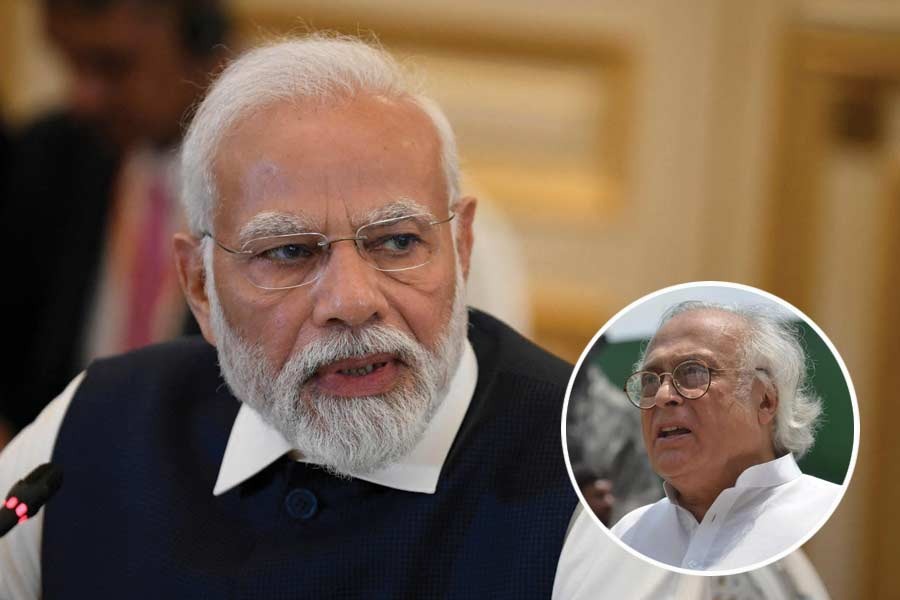A diagnosis of cancer, even an early-stage, highly curable cancer, can prompt some people to feel as if they’ve suddenly lost control of their future and that they must do whatever they can to regain it.
They may seek guidance from the Internet, friends and acquaintances, some of whom may be quick to relate tales of miraculous cures from alternative remedies that claim to spare patients the challenges of established cancer treatments like surgery, radiation and chemotherapy.
One web-based group, Integrative Cancer Answers, states that as many as 83 per cent of cancer patients choose to use one or more forms of alternative medicine, ranging from acupuncture and herbs to vitamins and yoga, most often in conjunction with therapies clinically proven to be effective.
However, a small but significant number of cancer patients reject the treatments offered by oncologists and seek instead alternative remedies that lack the support of scientifically valid research. Their reasons range from wanting to feel empowered by making their own treatment decisions to avoiding toxic side-effects by selecting remedies they consider harmless. But are they really harmless?
In a recent study by researchers at the Yale School of Medicine of 281 patients with potentially curable cancers of the breast, lung, colon-rectum or prostate, the use of alternative medicine in lieu of conventional cancer treatment resulted in an overall death rate two-and-a-half times higher than the rate experienced by patients getting standard therapies.
Among women with breast cancer, choosing alternative remedies resulted in a nearly sixfold increase in the chance of dying during an average follow-up period of five and a half years. For patients with colon or rectal cancer, the death rate was four and a half times higher. And for those with lung cancer, the rate was twice as high.
Only men with prostate cancer experienced no difference in the risk of death during the follow-up period, a result, the researchers suggested, that most likely reflects the typical slow growth of prostate cancer. The findings were published in the Journal of the National Cancer Institute.
The research team, led by Dr Skyler B. Johnson, a therapeutic radiologist, emphasised an important point: alternative medicine, which the authors defined as “an unproven therapy that was given in place of conventional treatment,” is not the same as complementary or integrative treatments, used as additions to standard cancer care.
Too often, when “alternative medicine” is used instead of standard medical treatments, it delays the use of remedies known to be effective and gives an early curable cancer time to become lethal.
In a related report in JAMA Oncology, Johnson’s team wrote that the higher death rate was likely to have been “mediated by the refusal of conventional cancer treatment.”
“Complementary medicine,” on the other hand, carries fewer risks, since it is used along with standard remedies. If chosen properly, complementary therapies should not interfere with the benefits of established treatments.
“Integrative medicine” refers to a combined approach of medically established remedies with one or more practices used in complementary and alternative medicine known to be safe and effective.
The cancer society maintains that treatment decisions ultimately are up to the patient. “Even though you may be giving up the only proven treatment for your cancer, this is still your choice to make,” the society’s advisory states
Cure Call
Therapies to complement conventional treatment:
Acupuncture can help relieve nausea and pain
Aromatherapy may help relieve nausea, pain and stress
Exercise can relieve fatigue and stress and improve sleep
Hypnosis may control pain and reduce stress
Massage can relieve pain and may also reduce anxiety, fatigue and stress, although it may not be safe for patients with low blood counts
Meditation can relieve anxiety and stress
Music therapy has been shown to relieve pain and control nausea and vomiting
Tai chi can relieve stress and improve strength and balance
Yoga may reduce stress and fatigue and improve sleep
Source: Mayo Clinic










